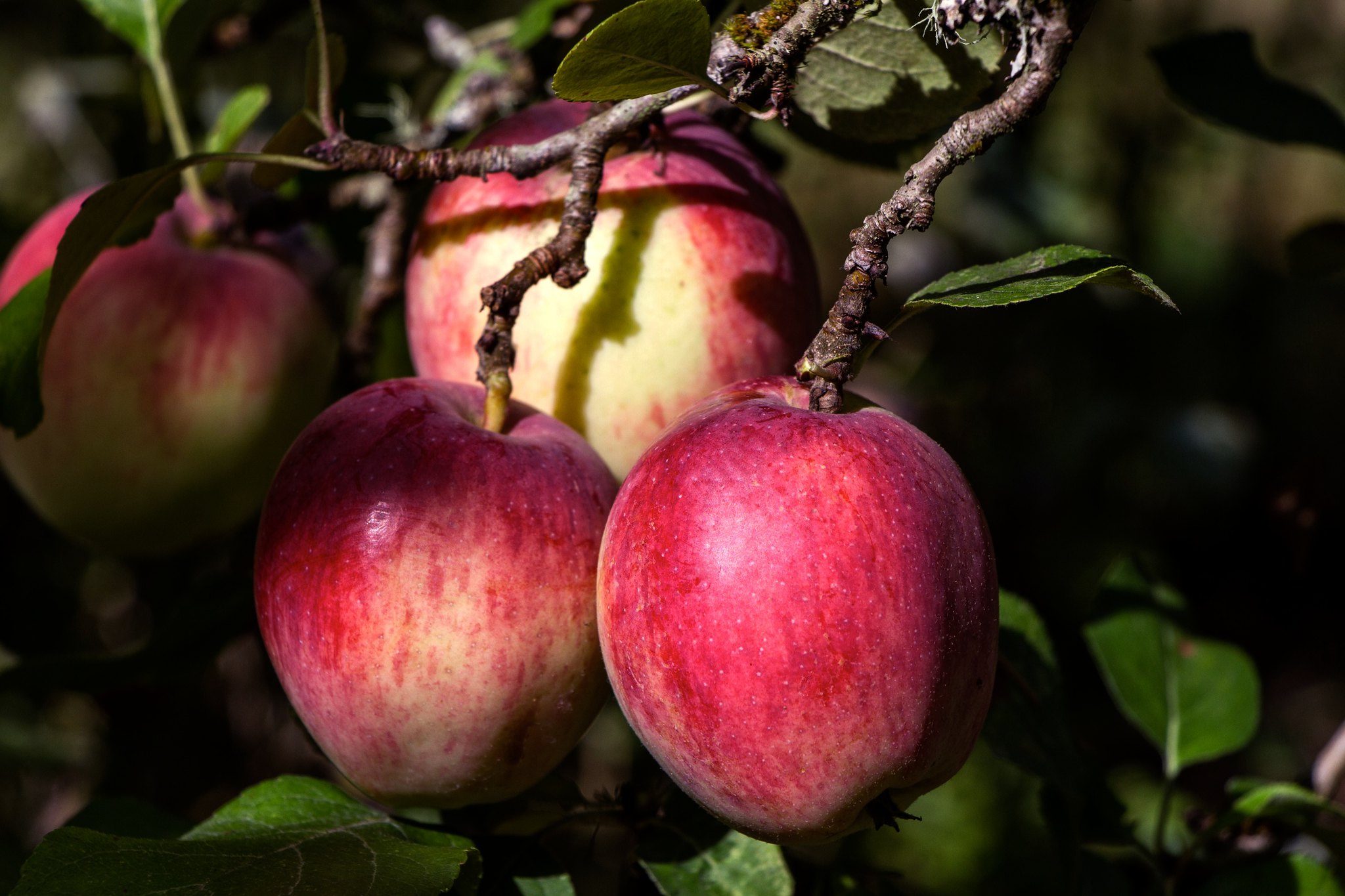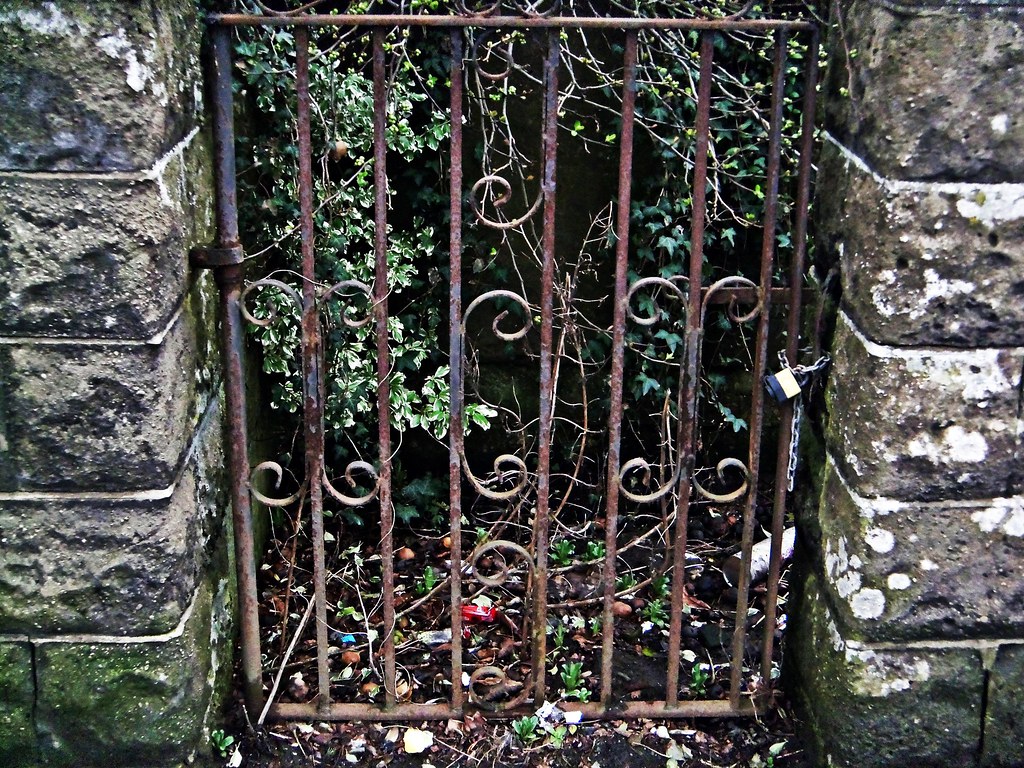One thing’s for sure: Eve ate the apple.
Pandora opened the jar.
Persephone picked the flower.
And yes, Rapunzel raised her voice, snuck the prince into the tower, and slept with him. Enthusiastically.
Everyone told them not to. Gods, mothers, stepmothers: Don’t wander far, don’t eat the fruit, don’t open the jar, don’t embrace anyone but me. Do as I say. Mind your manners. Be good (and by “good,” I mean “compliant with my demands”).
It’s easy to hear these stories as finger-wagging tales about obedience, blame, shame, and consequences: If only they’d obeyed, life would have continued status quo: eternity in the garden of Eden; smooth sailing for the men of ancient Greece; Demeter clinging forever to her daughter; Rapunzel spinning out an entire life in the confines of the tower.
But what if … what if doing the forbidden thing was exactly the point?
Not as self-destruction, not as wanton rule-breaking or ill-informed fuck-yous.
But what if their rebellions were well-timed, deeply chosen, profoundly necessary? Tasting pleasure and quenching curiosity and testing their own magic and mettle -- jumping eyes-open feet-first out of windows, seeing where long strange paths might lead -- growing wild past the gates that someone else bolted into place -- stretching the edges of experience, slurping the juice of some new fruit, letting it drip down her chin in a bright garden somewhere -- what if that was exactly what Rapunzel and Eve and the others were meant to do?
And what if they (by which I mean we) were meant to break rules well, not so we could become scapegoats for the downfall of man, but so we could become fully and vibrantly ourselves? And then could proliferate that fullness, that vibrancy, that unequivocal statement of self-possession out into the world? What if we could see these old as stories not as misogynistic tales about how women broke the rules and shame on them, but instead as stories about how women broke the chains that others wrapped around them?
Imagine if rebellion were exactly what both heroine and humanity needed.
Imagine that humans were meant to leave the garden all along -- to wake up, to be delightfully surprised by the truth of ourselves, to explore together the merits and pitfalls of hiddenness and exposure, of toil and pleasure, of finger-pointing power and looping, spiraling intuition.
Imagine we were meant to crack open Pandora’s jar, to make it lighter, to share the burden it carried, so we might grapple together with the ills and pains of the world rather than forcing one woman alone to carry them, holding onto hope the whole way through.
Imagine we were meant to get kicked out of the lonely tower, not trapped in innocence beyond our time, wandering instead in the wilderness to wrestle with the work of being a fully-formed human, to bump up boldly against fear and courage, weakness and mettle, unprotected, bringing life and abundance to the wasteland.
Imagine we were meant to be swept away like Persephone into darkness, to feel torn between two choices, to eat the fruit that simultaneously roots us in shadow and pushes us up toward the light, to be bound at once to both future and past, flesh and spirit, living and dead, rough rock and tender green shoot -- to span the gaping gorge between irreconcilable opposites.
What if radical progress is not always clear, not always innocent, not always officially sanctioned and written in law?
What if it almost never is?
There are no good stories without change. The best stories propel the protagonist -- breath held, eyes shut tight -- not toward a completely new, made-over self but toward a greater, deeper, truer self that is already staunchly, if secretly, present. And in doing so, the rising heroine pushes the collective past its comfort zone -- often kicking and screaming -- into a freer, wider-open, more interesting, more complex, more deeply human place.
Yes, that place is also more tense, more fraught, way more work than the paradise of innocence. That’s what being human is. Simple serenity isn’t the outcome, only the source. And it’s not true serenity, anyway. If it’s forced, if it’s legislated, it’s mostly just a veneer.
And pulling off the veneer -- eating the apple, opening the jar -- timed right, done from the depths, that’s where liberation lives.

